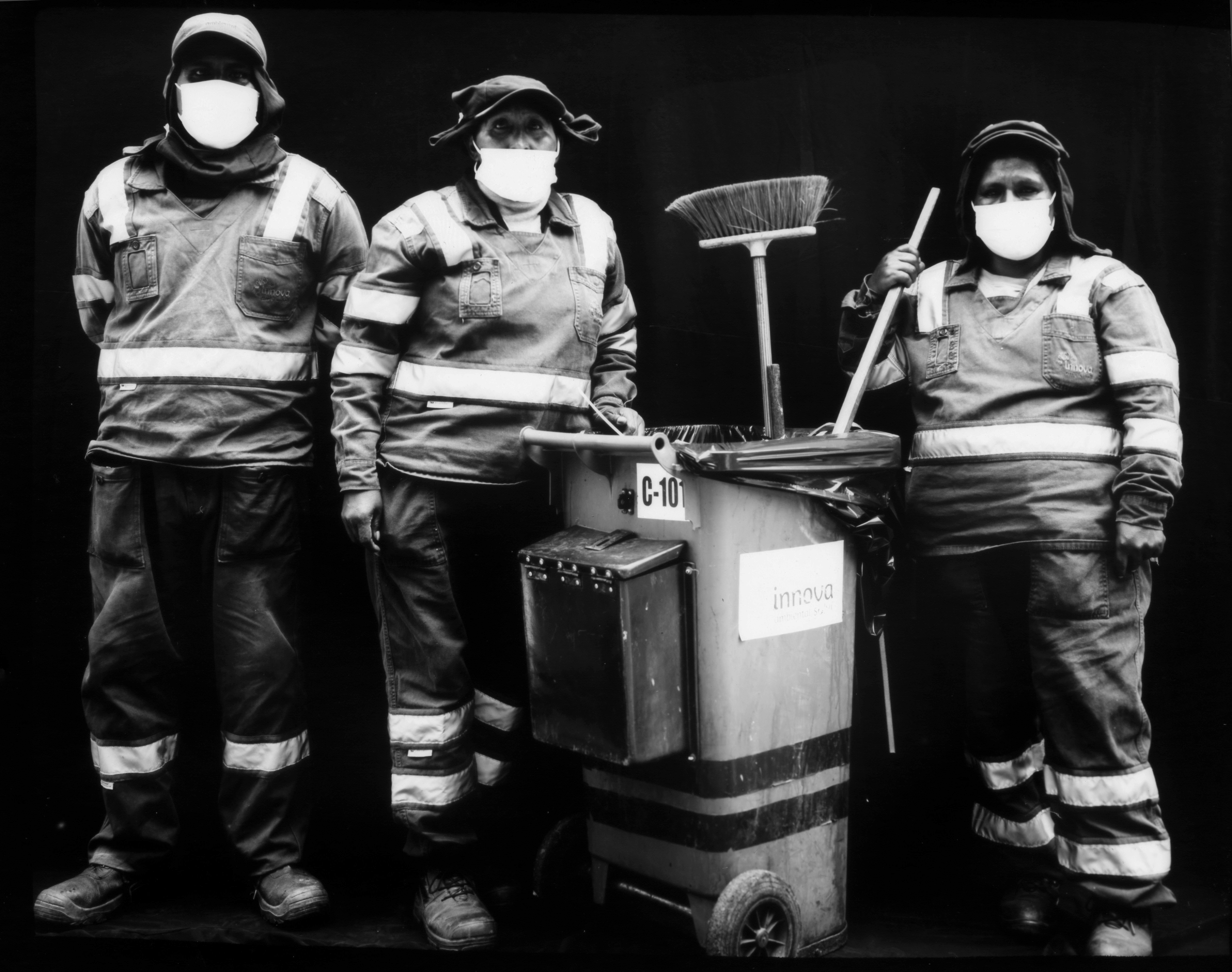AP PHOTOS: The faces of Peruvians going through a hard year

Your support helps us to tell the story
From reproductive rights to climate change to Big Tech, The Independent is on the ground when the story is developing. Whether it's investigating the financials of Elon Musk's pro-Trump PAC or producing our latest documentary, 'The A Word', which shines a light on the American women fighting for reproductive rights, we know how important it is to parse out the facts from the messaging.
At such a critical moment in US history, we need reporters on the ground. Your donation allows us to keep sending journalists to speak to both sides of the story.
The Independent is trusted by Americans across the entire political spectrum. And unlike many other quality news outlets, we choose not to lock Americans out of our reporting and analysis with paywalls. We believe quality journalism should be available to everyone, paid for by those who can afford it.
Your support makes all the difference.Mesa Redonda is the main wholesale market in Peru’s capital and in 2020 it has been one of the main hotspots of the new coronavirus.
At least 300,000 people come daily to buy food or basic goods, and they have kept coming despite the pandemic.
Photographer Rodrigo Abd brought a wooden camera — a box with a lens and space for a developing lab inside — to take black and white portraits of people who were at the market because they needed to keep living, with or without COVID-19.
Elders have been some of the most vulnerable people during the pandemic. Like Arnulfo Ramírez, who makes a living these days by selling candies on the streets around the market.
At 75 years old and single, with no kids, he says he is generally a grumpy man who doesn’t often have good things to say about people. But this year he got a lesson in humility when a stranger gave him a bag of food one day when he hadn't had anything to eat.
“I’ve realized that there are still some good people,” Ramírez said.
Peru passed 1 million confirmed cases of coronavirus infections a few days ago. It was the fifth country in Latin America to surpass that number, and it has been one of the most affected in the region. The World Bank and the International Monetary Fund forecast that Peru's economy will contract between 12% and 14% this year, one of the worst falls around the world.
“I’ve worked every single day without resting,” said Biviana Torres, a 37-year-old street cleaner who during the pandemic has been assigned to clean Mesa Redonda and two other markets as well as three hospitals and Lima s morgue. She said eight co-workers have died during the pandemic.
Peru, with a population of 32 million people, declared a total lockdown in March and ordered people to stay home trying to contain the virus, but as the pandemic kept going and people needed to find ways of living, many ignored the rules and went out.
Daniel Torres, 44, was one of those who was on the streets despite the lockdown. He is a street vendor and had nothing to eat, he said, so he was forced to go out. These days, he sells mosquito nets.
Even before the pandemic, many Venezuelans fleeing from the economic crisis in his country migrated to Peru, where it was difficult for some of them to find jobs. Then the coronavirus hit, and it became even harder to find work and put food on the table.
Venezuelan Diego Gómez arrived in Lima three years ago. He got a job sewing bags, but he lost it during the pandemic, and now he sells candy on the streets.
“It’s very hard for many of us who were forced to live as migrants,” the 31-year-old said.
As in any country in the region, the Mesa Redonda market is a microcosm of the variety of people living in Peru — from the obvious buyers and vendors of all kinds to those who come because they are sure they can make some money, like musicians.
Six Venezuelans, members of the “Rimac Show” musical group, go around Lima playing salsa and cumbia, and sometimes they perform at the market.
“Before the pandemic, we played in discos and events,” said Jesús Ibarra, the singer of the group. “Now we live on tips, but we keep moving forward.”